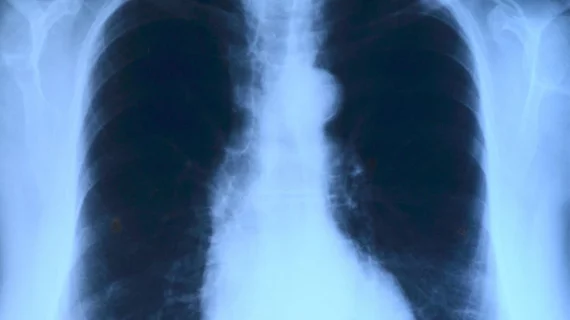As the new coronavirus, COVID-19, continues to spread across the globe and the number of infections in the U.S. rises daily, healthcare industry groups are continuing to ramp up recommendations, guidance and pressure on policymakers and regulators to ensure healthcare providers are able to respond swiftly to the crisis with flexibility.
Here are some of the ways industry groups are speaking out and how the federal government and Trump administration have responded:
The American College of Emergency Physicians (ACEP) is one group that asked Congress to make key policy changes to help stop the spread of the virus, including implementing more testing centers, ensuring full coverage for testing and diagnosis without costs to patients, prioritizing personal protective equipment for workers, ensuring the production of medications and supplies related to COVID-19, and increasing transparency in the supply chain.
ACEP also released a patient guide to the coronavirus, dubbed “Stop the Spread.”
President Trump signed the Defense Production Act on March 18, which allows the administration to speed up the manufacturing of medical supplies that are needed to deal with the COVID-19 pandemic. Invoking the DPA enables the White House to direct American manufacturing to ramp up production of certain necessary materials.
Further, ACEP asked CMS to delay regulatory requirements and upcoming deadlines for healthcare professionals for 30 days. The organization specifically mentioned that reporting requirements for the Merit-based Incentive Payment System (MIPS) should be delayed.
“As emergency physicians and other health care professionals are spending all their time and attention dealing with this crisis, they do not have the capacity to meet the specific regulatory requirements, including their reporting obligations, under CMS’ quality performance programs,” reads the letter, written by ACEP President William P. Jaquis, MD, MSHQS, FACEP.
In addition to expanding telehealth services to healthcare providers, the Office of Civil Rights at HHS is also waiving HIPAA penalties for violations temporarily by exercising enforcement discretion during the COVID-19 pandemic. This applies to telehealth services, including to widely available apps such as FaceTime or Skype when they are used “in good faith” for treatment or diagnostic purposes, HHS noted.
"We are empowering medical providers to serve patients wherever they are during this national public health emergency," Roger Severino, OCR director, said in a statement. "We are especially concerned about reaching those most at risk, including older persons and persons with disabilities.”
The Surgeon General previously asked hospitals to postpone or reschedule elective surgeries. CMS also issued a guidance on adult elective surgery, a move applauded by the American Medical Association.
“As hospitals and physician practices plan for anticipated surges of patients needing care for COVID-19 infections, health professionals must use their expertise to develop allocation policies that are fair and safeguard the welfare of patients,” AMA President Patrice A. Harris, MD, MA, said in a statement. “The CMS guidance offers needed flexibility to physicians by allowing them to consider the imperative of resource conservation, especially personal protective equipment.”
The AMA also supported the administration’s decision to bolster COVID-19 testing and focus on providing PPE to healthcare workers.
Another major policy development from HHS allows doctors to practice across state lines. Specifically, HHS waived the requirements of physicians and other healthcare professionals to hold licenses in the state they provide care services, as well as waiving other conditions of participation, limitations on payments for healthcare items and services in Medicare Advantage plans, sanctions on limitations of physicians referrals and sanctions for the direction or relocation of an individual to another location for medical screening.

